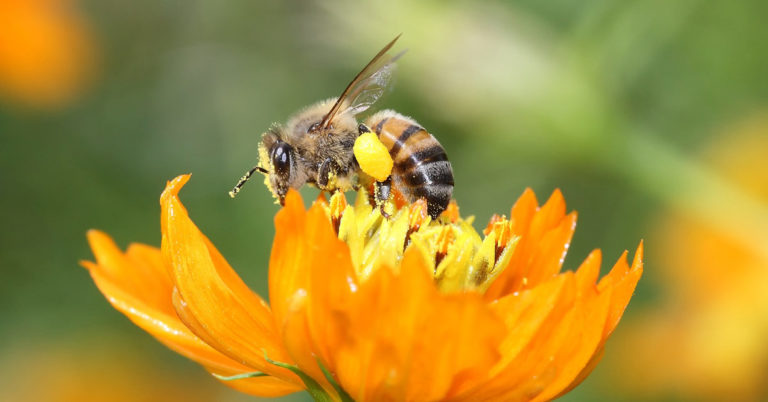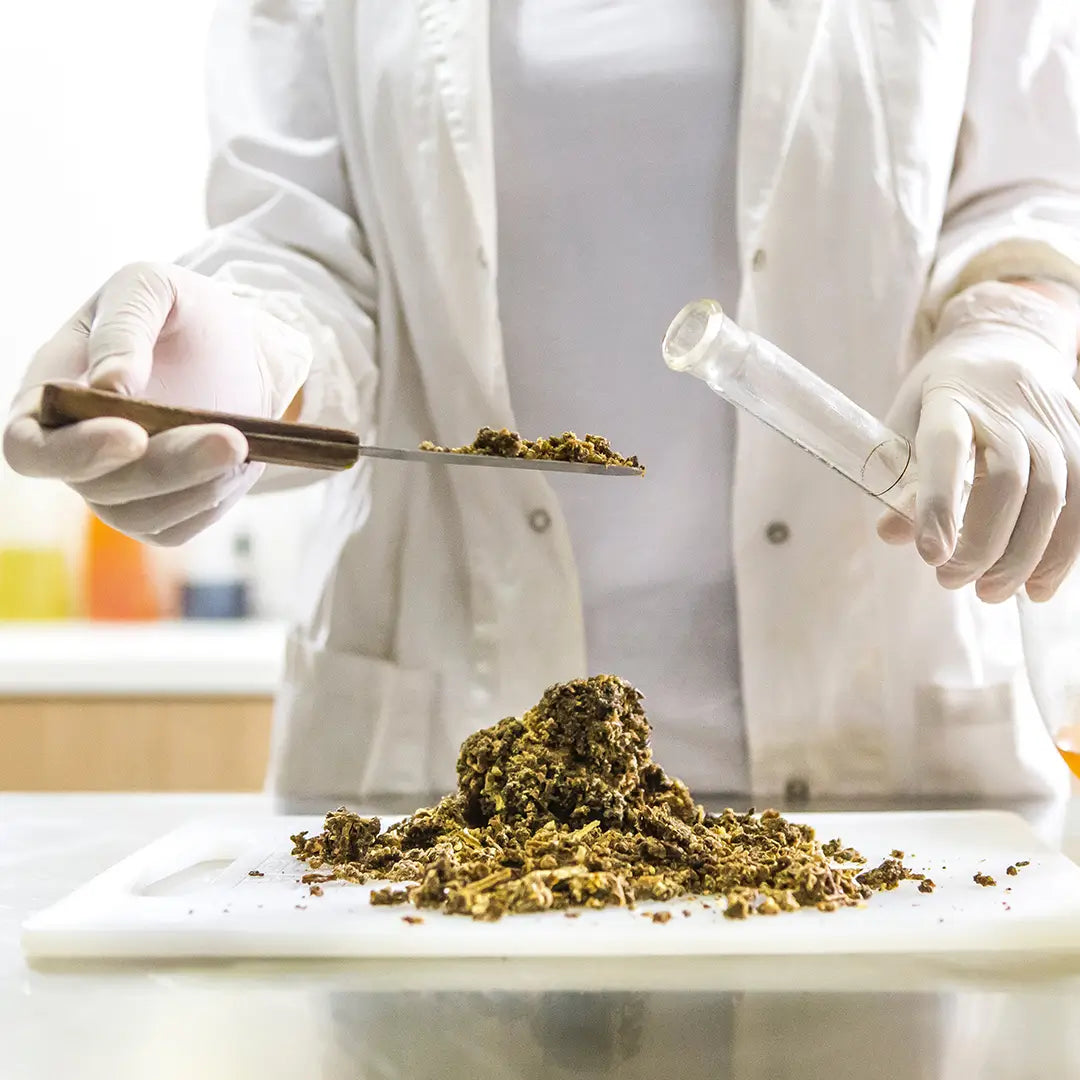In ancient times, it was believed to have aphrodisiac powers, but also the power of longevity. It is traditionally used, whether in China, in certain Eastern European countries or in Russia, for multiple pathologies: arthritis, hypertension, diabetes, menstrual disorders, fatigue More commonly recognized as an adaptogen, that is to say that it strengthens the body's resistance in general, it has recently been discovered that it potentially has an action on the production of estrogen and could therefore be recommended to menopausal women.












